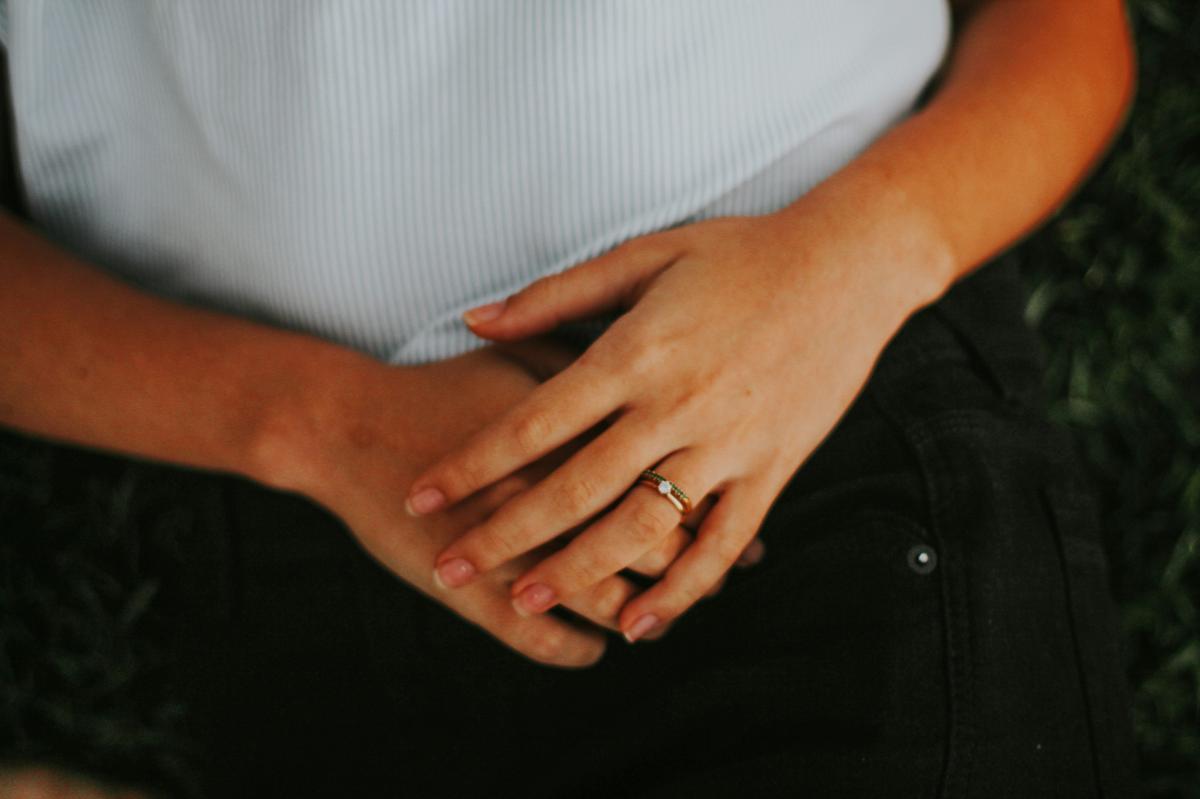Reduce Bloating With A Perimenopause Diet
Healthy’s Summary
Feeling like your belly has a mind of its own lately? You’re not imagining it. Digestive issues are surprisingly common during this hormonal rollercoaster—and if you’re wondering how to build a perimenopause bloating diet, you’re in the right place.
Perimenopause can mess with your digestion in sneaky ways. Estrogen and progesterone shifts can slow things down, cause water retention, and even change your gut bacteria. But here’s the good news: certain foods can help.
This guide walks through what to eat (and what to ease up on) to tame the bloat and feel more at home in your body again.
Why Does Perimenopause Cause Bloating?
Your hormones are multitaskers—and not always in a good way. As estrogen fluctuates, it can cause fluid retention and digestive slowdowns. Low progesterone? That can mean more gas and constipation. The result? A puffed-up, sluggish feeling that doesn’t always match what (or how much) you ate. This is where a well-planned perimenopause bloating diet can really help.
Also, gut bacteria can shift with age and hormonal changes, making some foods harder to process than they used to be.
So if you’ve suddenly become sensitive to dairy, beans, or your favorite greens, you’re not alone.
Best Foods for a Perimenopause Bloating Diet
Let’s start with what to put on your plate. These foods help reduce bloating naturally:
- Leafy greens: Rich in magnesium and fiber to ease digestion.
- Berries: Low in sugar and high in antioxidants—they fight inflammation, not feed it.
- Cucumbers and asparagus: Natural diuretics that help flush excess water.
- Fermented foods: Yogurt, kefir, kimchi, or sauerkraut can rebalance gut bacteria.
- Ginger and peppermint: Soothing herbs known to relax the digestive tract.
Focus on whole, unprocessed meals that balance protein, healthy fats, and fiber. Think grilled salmon with quinoa and roasted veggies, or a Greek yogurt bowl with berries and chia.
Ask Healthy
What You Can Cut to Beat the Bloat
Sometimes it’s not just what you eat—but what you don’t. Here’s what can make perimenopause bloating worse:
- Carbonated drinks: All those bubbles? They’ve got to go somewhere.
- Sugar alcohols (like xylitol or sorbitol): Found in many “sugar-free” foods and known to cause gas.
- Highly processed foods: These can mess with blood sugar and gut health.
- Salty snacks: Sodium causes water retention, and many chips or crackers pack a lot.
A perimenopause bloating diet isn’t just about restriction—it’s about observation. Keep a food journal for a week and see what your body tells you.
Food may not be your only priority for feeling better right now. Explore our article: ‘Perimenopause Fatigue – Why You’re So Tired and What You Can Do About It‘
A Final Thought
The right perimenopause bloating diet isn’t about cutting everything out. It’s about choosing foods that support digestion, balance hormones, and make you feel good in your jeans again (or at least less like a balloon).
A few swaps can go a long way. Hydrate. Eat slow. Focus on real, colorful food—and go easy on your belly while your hormones do their thing.
Want to dig deeper?
Navigating Menopause with Confidence
Experience menopause with clarity and control. This program helps you track key symptoms like hot flashes, mood swings, and sleep disturbances while offering actionable insights and lifestyle strategies. Through personalized guidance, explore ways to optimize nutrition, manage stress, and maintain physical health during this pivotal life stage. With tools for symptom tracking, goal setting, and a supportive community, you’ll feel empowered to navigate menopause and embrace this phase of life with confidence.
Enroll in one of Healthy’s Programs to log, track and learn more about your Health, one conversation at a time.
Learn More




